How prevalent is domestic violence in New Zealand?
- One in three women experience psychological or physical abuse from their partners in their lifetime.
- 76% of recorded assaults against females are committed by a family member.
- About half of all homicides in New Zealand are family violence.
- 76% of family violence incidents are not reported to the police.
- 14% of young people report being physically hurt by an adult in their home in the last year.
- Source: http://areyouok.org.nz/family-violence/statistics/
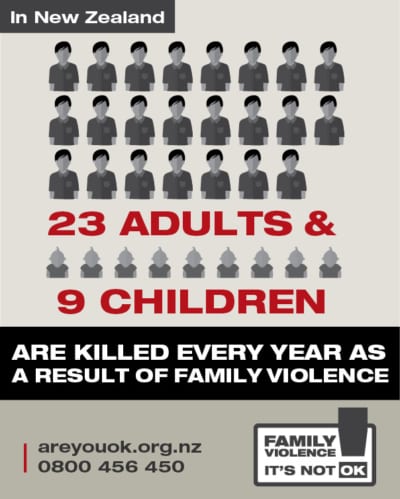
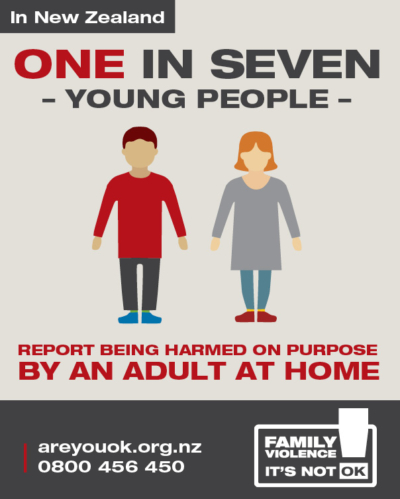
The statistics are a harsh reality that we are failing, somewhere. As parents we are facing unprecedented challenges in our efforts to ensure our children are safe. But remember that attitudes of the future are based on experiences as children, so it’s our job to give our children a good foundation of respect to start with. If you are looking for ways to teach your son or daughter about respect, try the below tips for each age group.
Under fives
Lead by example
If we show respect we will teach respect. This means we respect our children and we respect other adults. It means we listen to everyone, regardless of gender, and respect their opinions.
Watch your words
This is pretty basic, but at this age, it’s all it takes to show respect. Say please and thank you. Never say things like “shut-up” or “get lost” (or anything worse), whether to a child, or an adult, and regardless of gender. Respectful speaking teaches respect.
Lend a helping hand
Teach children to recognise when someone needs help or feels lousy, and show them how to help.
Ages five to twelve
The ideas from the previous age group are just as applicable for these kids. In addition, the following ideas are important:
Watch what you watch
While most five-year-olds don’t enjoy violence, by the time they’re nine or 10, they’re all over it. Some studies have shown that after playing violent games or viewing violent ‘entertainment’, people are less likely to show empathy or kindness. Minimising exposure to games and movies or TV shows that promote disrespect and inhumanity can help. So think twice before sitting down with your six-year-old (or any child) to watch MMA fights that exacerbate violent attitudes and model aggression, or before buying games like Grand Theft Auto and Call of Duty, which glorify violence (including violence against women).
Pre-arm against porn
Porn teaches that women exist to be violently and sexually disrespected. The average age of boys’ exposure to pornography is 11, so by around the age of eight or nine, we should be pre-arming our boys. Let them know that it exists, that people might want to show it to them, that others might think it’s funny, and that it teaches bad things. Let them know they can and should talk to us if anyone tries to show it to them. Keep them away and do not normalise exposure to porn as something “all the boys do.” Such attitudes are part of the domestic violence and disrespect problem.
Talk about the issues
When you see disrespect, talk about it. Ask your children how it leaves them feeling. How does it make the victims feel? What are better ways of responding to it? Such conversations promote empathy and perspective, and help our children develop social awareness and conscience.
Ages twelve to eighteen
In addition to all that is outlined above (particularly regarding media and gaming) our children need to be taught the following in their teen years:
Teach intimacy
Our children should be learning about healthy relationships where people love one another and express that love in healthy, functional ways. They need to understand more than the mechanics of sex. They need to understand context and commitment. When we separate physical and emotional intimacy from one another, we provide fertile soil for sexual miscommunication and sexual coercion.
Set clear boundaries around porn
Let your sons know that porn is off limits. Teach them why. Currently, statistics suggest 100 percent of boys have viewed violent pornography by age 15. We must turn this around.
Set clear boundaries around sex
Our children must understand that no means no. T-shirts and slogans that promote the idea that ‘no means yes, and yes means anal’ demean not just the wearer, but our society as a whole. We are too casual about sex, and serious about consent.
Call them on sexism
When you catch your child criticising someone because of a gendered issue, call them on it. Let them know sexism is not cool and it is not funny. I wrote recently that in spite of our best efforts, the most important thing we can do is to teach our children empathy. As we help them see the world through the eyes of others, we can promote a perspective that increases respect and understanding.
Be an example
Ultimately, regardless of everything that we say, it is what we do that makes the biggest impact on our child’s respectfulness. What the people in your children’s lives do will set the scene for ongoing behaviour from your kids. The odds are stacked against your boys if they have poor examples. Surround them with good men. Be a great example. Teach them well. Guide them to empathy. These are our best options. And remember that it’s not just men who can be violent, so make sure you’re instilling the same values in your daughter.
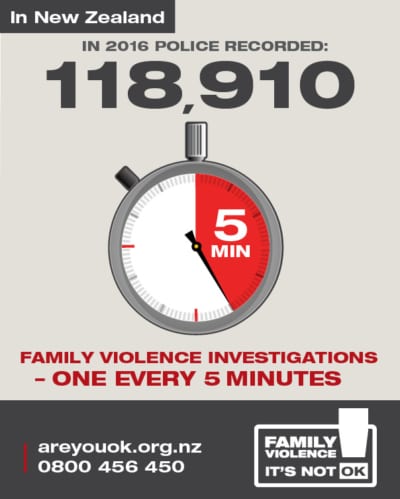
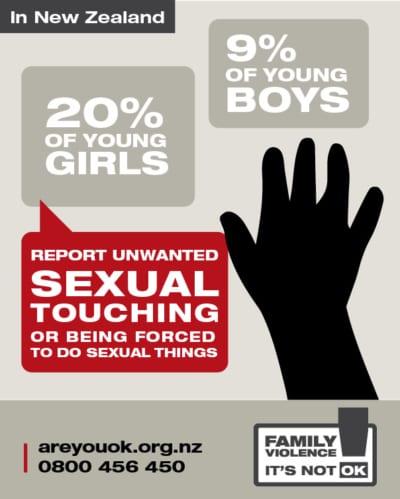
Are you a victim of domestic violence?
There are a vast number of organisations, support groups and helplines dedicated to domestic violence victims. Here are a few of them:
- White Ribbon www.whiteribbon.org.nz
- Women’s Refuge (0800) 733 843 www.womensrefuge.org.nz
- Family Violence It’s not OK (0800) 456 450 www.areyouok.org.nz
- Aviva Family Violence Services (0800) 28482 669 www.avivafamilies.org.nz
- Shine – Making homes violence free (0508) 744 633 www.2shine.org.nz
Research shows that violence is a learned behaviour. Let’s stop it now for the next generation.
This article was written by Dr Justin Coulson for Kidspot.com.au and has been adapted for Kidspot.co.nz. Sources include www.areyouok.org.nz

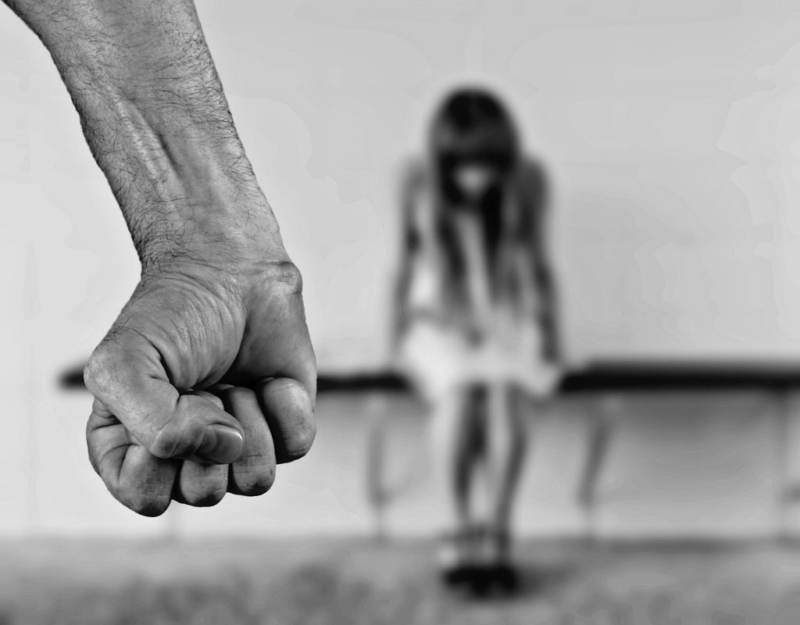


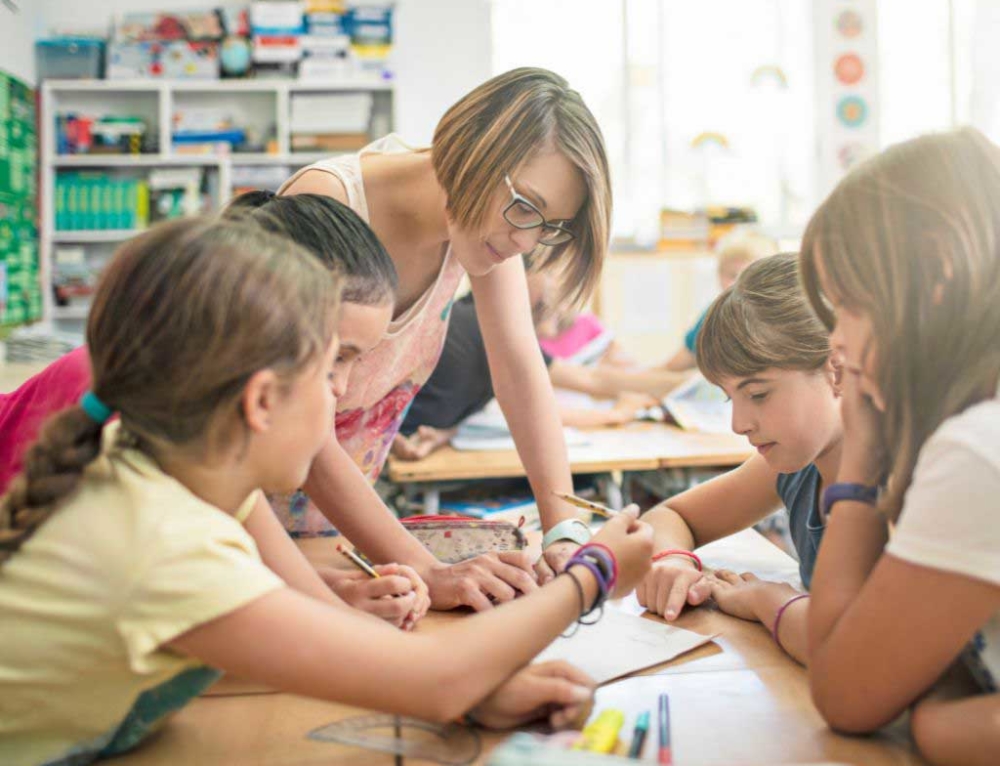
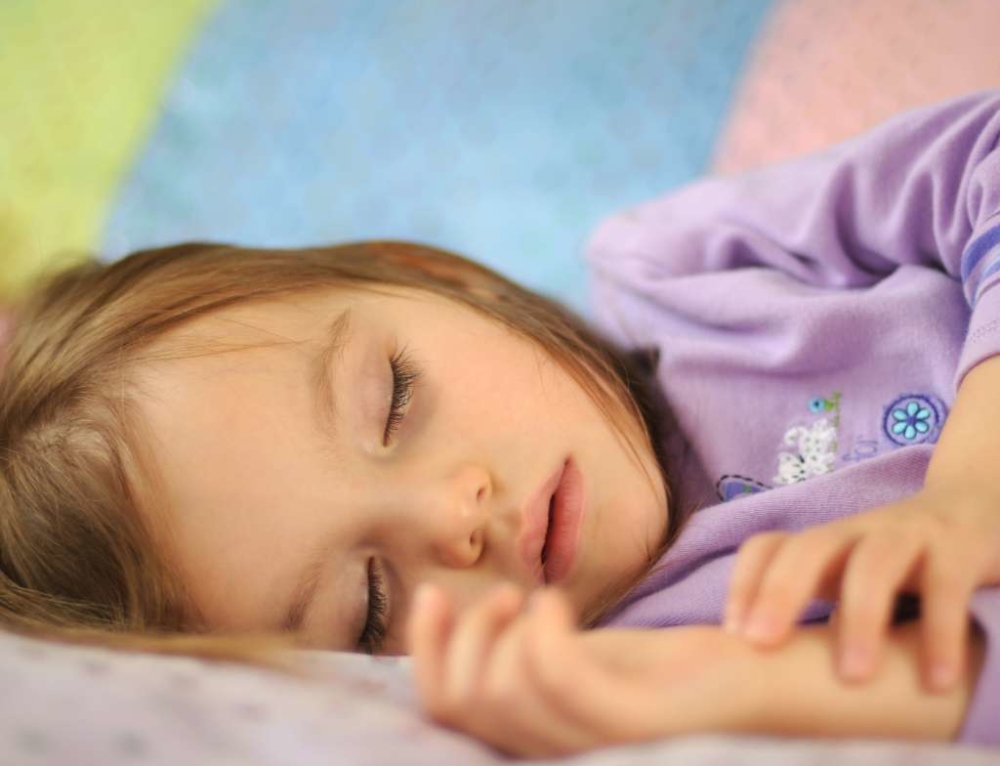
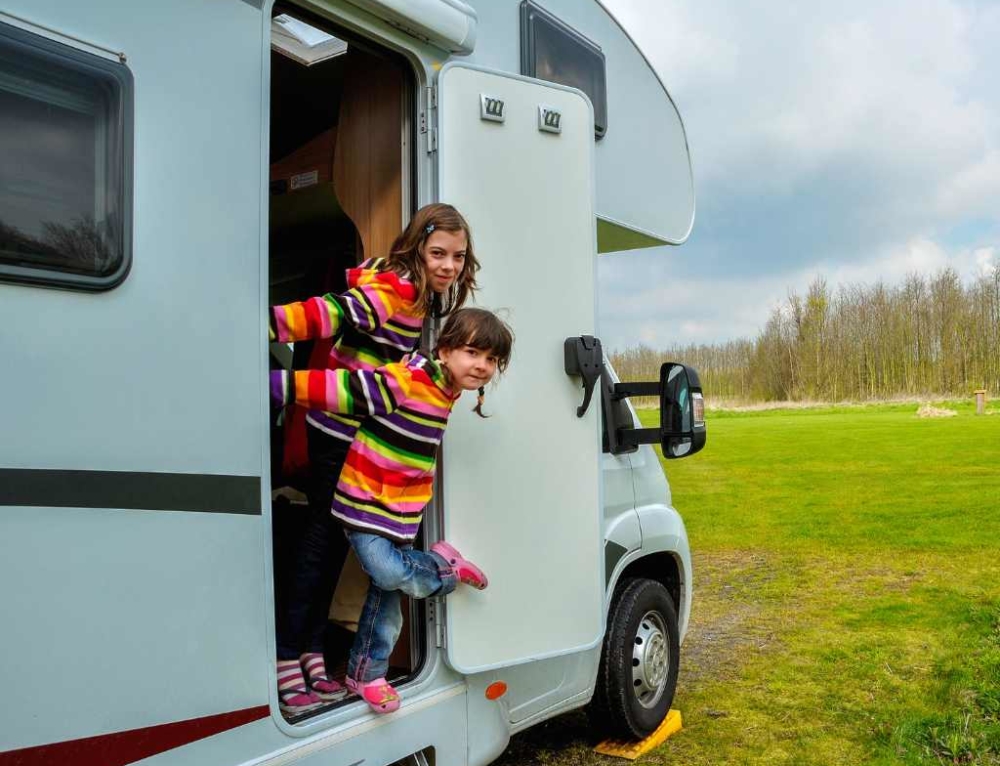
These statistics are shocking, my mother (who is a retired midwife) told me that if a baby or child over the age of 6 weeks is involved with (seeing, hearing or being a victim) family violence it changes the way their brain develops, it changes who they are, even in very subtle ways. It’s so important to guard children against this and it starts from birth. If parents treat each other and those around them with respect it will be modelled to children rub off on them, and having that continuous dialogue about feelings, their and others, will help to develop empathy and being aware that your actions will affect others.
I talk to my kids a lot about consent, and personal boundaries. Whenever something comes on the radio news about domestic violence, I make a point to discuss what happened, why it wasn’t okay, and how we need to not just love, but also respect those we are in a relationship with. I talk about relationships in a broad sense too. Every person we interact with, is having a relationship with us. I have also told both of them, that if they ever find themselves in a situation where they don’t feel safe or respected that we are only a call away and they should never fear what we might think, only know we will do everything we can to give them that safety. I know they are still wee really, but I will continue to repeat that so hopefully they’ll remember that they mean everything to us if the dark times happen.
There are some great points in this article about the different age groups and what you should or shouldn’t be doing around them and teaching them good habits instead of bad as while they are children it is the most important time. As I child I was smacked with a belt but would never do this to our children and they know they can not be touched which is great so if anything ever happened I hope they would tell us. Violence is not ok in Nz and happens too much with Mums and children being injured.
Love this article! When I was growing up we had hidings and we were spoken to terribly 🙁 Awful really but it has made me even more determined to not smack/hit my children and to speak to them properly, no name calling or putting down. I know there is a difference between a smack and a hiding or beating but there are far too many kids in NZ who are damaged due to physical and mental abuse, the system just isn’t good enough I don’t think. Too many poor little babes have died due to this, makes me angry 🙁